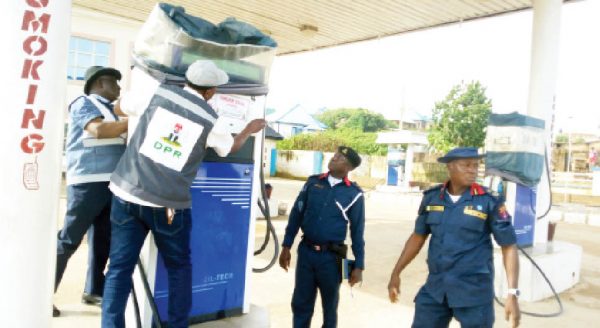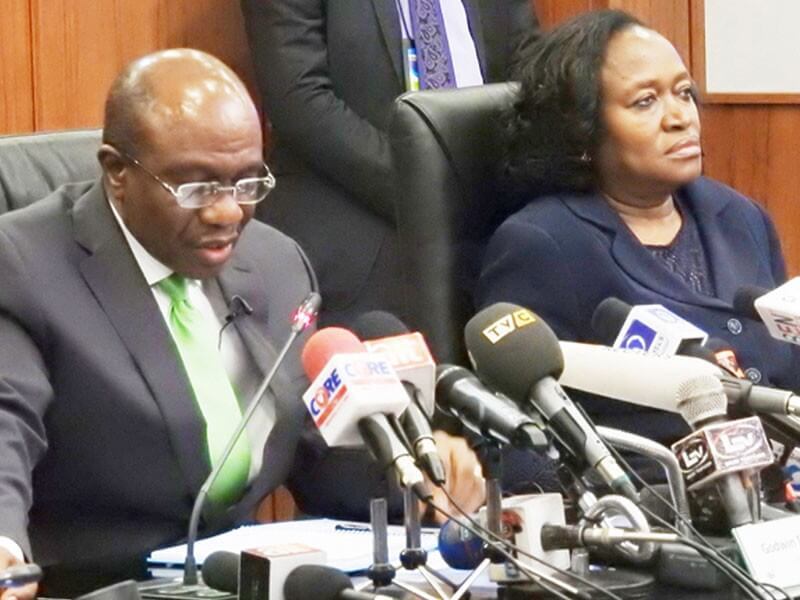DPR wants FG to return to 33,000 litres maximum capacity for tankers

The Department of Petroleum Resources (DPR) has advised the Federal government to return to the era of 33,000 litres maximum capacity for tankers instead of 45,000 currently being conveyed by majority of trunks.

Speaking at the 13th edition of the Oil Trading Logistics (OTL Africa Downstream), conference held in Lagos with the theme “Growth, Innovation and Technology’’ the Acting Director, Department of Petroleum Resources (DPR), Mr Rufai Shakur said, the recommendation is coming in the height of frequent tanker accidents across the country, which could be as a result of the high volume of fuel being conveyed by the trucks.
Oshiomhole to FG: Sustain closure of Nigeria’s land borders
The Agency also recommended that petrol tankers should be fitted with valves in order to prevent spillage in the event of a rollover.
“Think of it, if we had that, the recent inferno at Onitsha, arising from spillage from a petroleum taker would not have happened.“The 2018 incident on Otedola Bridge and many other fire incidents consequent on truck rollover might also have been averted’’, he stated.
He stressed that, apart from endangering lives and properties, overladen tankers can also endanger the lifespan of roads.
He said, it is safer and more efficient to use rail and pipelines for transporting petroleum products but the activities of vandals need to be a nip in the bud using modern technology.
Shakur, who was represented by Mr Oluwole Akinyosoye, DPR Zonal Operations Controller, Lagos, Ogun, Oyo, Kwara and Osun States said, the recommendations were the fallout of the Agency recently concluded Annual General Meeting with its stakeholders.
The Deputy Chairman, House Committee on Petroleum (Downstream Sector), Mr Alex Egbona said, the sector is very crucial to ordinary Nigerians due to its impact on their daily lives.
Egbona revealed that, the committee had charged the Minister of State for Petroleum, Mr Timipre Sylva, during his recent budget defence, to ensure that all refineries are working optimally within the next four years.








